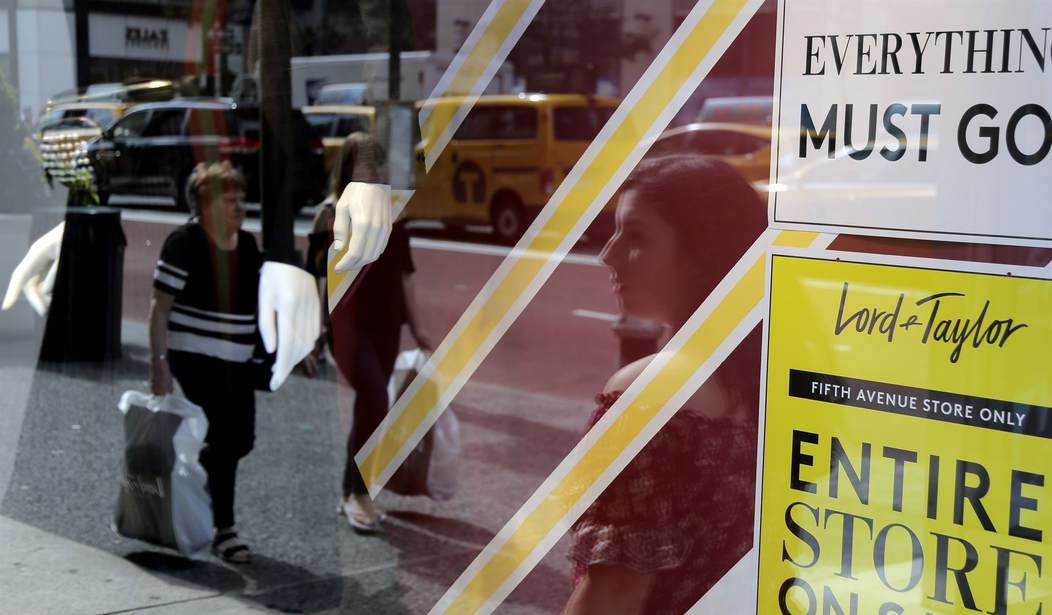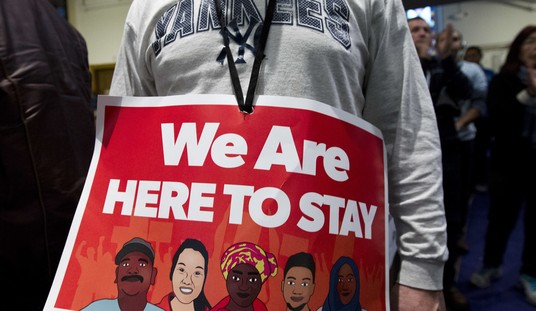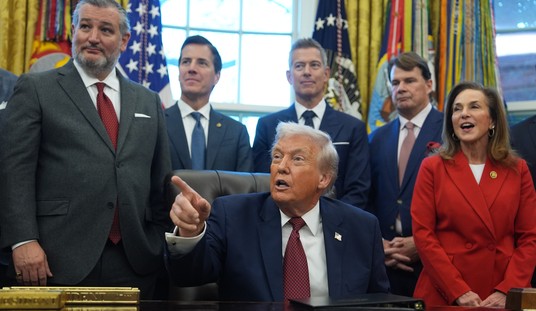Our sister site PJ Media did a great piece about quitting China in terms of retail spending. You don’t invite the man who batters your sister to dinner, so why do we continue to feed China, which batters us economically, culturally, and now our very health, daily? We can be a part of the solution, and sometimes it just requires small beginnings.
One of my New Year’s resolutions is to not only limit my Amazon purchases (Chinese or no), but to cut off support of organizations that actively support Uighur slave labor, and increase my support of small business and Made in the USA.
Athena Thorne at PJ Media gives some great tips, so I won’t repeat them here—go give it a read. Mad props to her for spotlighting The Grommet, which primarily promotes and supports U.S.-based artisans and small business. I did a great deal of my Christmas shopping with them and was proud of that. However, I’d like to take it a step further to not just the products we buy, but why we buy them.
Some replacements are legitimately difficult. If you’re a true outdoor person (I am not), then a brand like The North Face is not easily replaceable. But a good beginning is to look at where and how you shop. The site Save Uighur.org gives a pretty full list of clothing retailers, manufacturers, and organizations who use Uighur slave labor to produce their product. While some are not as cut and dry, others are. Off my list for 2022: Target, Walmart, and Sephora. On my list: local retailers.
The main point is mindfulness, which is a principle in Yoga. Singular focus on your breath means you are taking the time be more aware not only of your life force, but of everything around you. When we as American consumers couldn’t get stuff via one-click, we actually had to take the time to research where and how we would acquire it. This in turn gave us an opportunity to know the people who we were doing business with, and potentially the people who made it. There is weight to that, as well as appreciation, and we’ve been lacking both in our culture for far too long.
Then there is the knee-jerk, cancel culture mentality rampantly infecting our interactions. Mike Lindell of MyPillow is now fully direct sales because Kohl’s, Walmart and other outlets don’t like his politics. He’s a big name—how many smaller companies that we don’t know about have experienced the same, and quietly slipped into obscurity? So, many conservatives, patriots, and people who believe in freedom of speech and expression are quickly moving into maker economies, where they are banding together to support one another and promote one another. They are also banding together into groups like the Buy Nothing Project, where you gift, borrow, or trade items. Through my Buy Nothing group, I gave away a washer/dryer and an oven to a mother of toddlers. We had been blessed with all three at no cost to us and had moved into a home where we no longer needed them. So, it felt good to pay it forward to a family in need.
Who are the industrious among you who have curated lists of local artisans, craftsmen, and small businesses who could use the boost and word-of-mouth promotion in this horrific economy? Maybe you are among that number, but have never offered your services for profit. At this point in my life, I would rather pay extra to a business or business person that will not only do a good job in terms of craftsmanship, but who truly needs the direct commerce, than to line the coffers of Amazon, Walmart, or some CEO I have never heard of.
If you don’t mind buying foreign, but want to support actual artisans and good causes, organizations like Ten Thousand Villages, Shop with a Mission, and Shop with a Mission Heavenly Treasures use the micro economy to promote fair trade and help refugees (a good majority women) start their own businesses and sell the goods they produce. Not only have I been gifted with some wonderful treasures from these artisans, but I have given gifts through them.
Mindfulness requires planning, because this means you just can’t pull it off the shelf or click on it to add to your virtual cart. Even if you can place it in your virtual cart, it may require some planning ahead to purchase the item when it is available, as it is not being mass-produced in China. Three quarters of my cleaning supplies are delivered to me from a company called Grove.co, and I have an automatic subscription; but I do need to take the time to review these items before they are sent to me to make sure I am not being duplicative or getting an item I don’t need.
If choosing a new mindset on shopping is going to help undercut China, and put money back into small business and the people who truly need it, then count me in. Here’s to a Happy New Year that involves more mindfulness in our shopping and our politics.















Join the conversation as a VIP Member